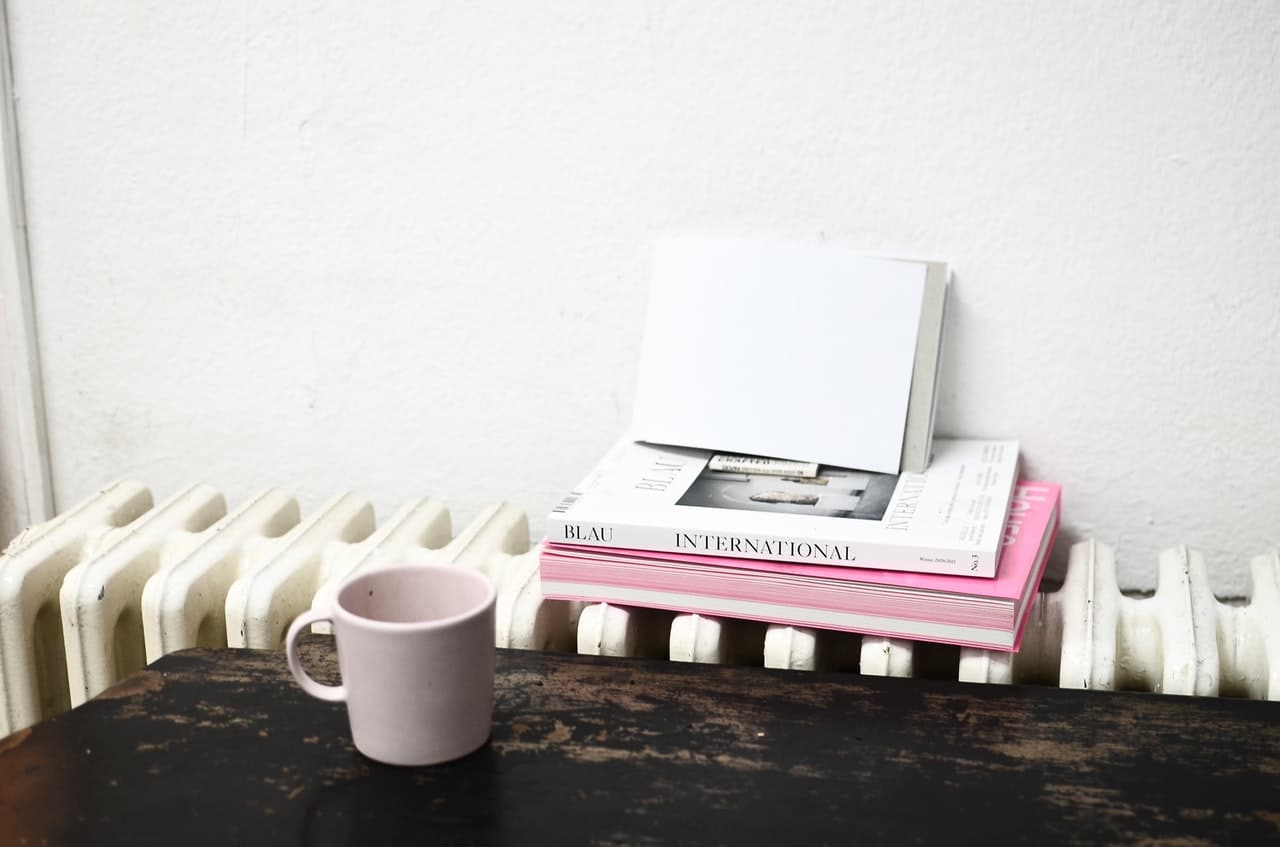If your boiler is over ten years old, has been experiencing regular breakdowns or has shown some signs of a dangerous problem like a carbon monoxide leak, it’s probably time that you think about upgrading to a new one. The boiler is a hugely important part of your home and without it, you’d have no heating or hot water, which is never very pleasant to deal with. But the boiler is also one of the most expensive pieces of equipment in the home, and purchasing and installing a new one does not come cheap. It’s a good idea to know what you can do to save money on the cost of your new boiler before you get started.

How Much Does a Boiler Cost?
The price of a new boiler can vary depending on a number of factors including the type, size, and brand of boiler that you are choosing. If you are upgrading from a combi boiler to a new combi boiler, it is usually cheaper to go for the same make and model in the newest version since this will usually be able to fit straight into where your old combi boiler was and will therefore be cheaper to install. However, depending on the type of boiler already in your home, it’s worth getting some quotes for installation since boilers can vary in price a lot, from around £600 to over £2,000. The price will change depending on the type of boiler and how high quality it is, for example if you’re choosing the best gas boiler.
Is It Better to Invest More in a Boiler?
The price that you pay for your boiler does not always indicate the quality of the equipment. In fact, you can easily get a cheaper boiler that works well and lasts a long time, or a more expensive boiler that ends up giving you a lot of problems. Rather than relying on the price alone to make your decision, it’s best to take some time to research the different boiler types available and make your decision based on reviews and expert comparisons.
Installation Cost
Don’t forget that aside from the cost of purchasing your new boiler, you will also need to consider how much it is going to cost to have it installed in your home. Similar to purchasing the boiler, the cost of installation can also vary depending on where you are having the boiler installed, if you are having the same boiler as your old one installed and if you are upgrading from one type of boiler to another. A straight swap for a combi boiler is likely to be the cheapest option, while changing out a back boiler or condenser boiler for a combi boiler will usually cost you more.
Can You Spread the Cost?
It is entirely possible to spread the cost of getting your new boiler and having it installed with various options to choose from. Check out Boiler Central to find out more about their pay monthly new boiler options where you can get your new boiler on finance. Boiler Central offer a wide range of boiler types and brands along with installation, whether you are looking for a straight swap for your old combi boiler or want to completely upgrade to a different type of boiler. Check out their site to learn more about what they offer and get advice on choosing the right type of boiler for you. You might also want to consider options for financing your boiler yourself such as using a credit card or a loan to make the purchase and pay for the installation, depending on your circumstances and preferences.
Which Boiler Do You Need?
Determining the best type of boiler for your home is crucial for saving money on it both initially and in the long term. Getting the wrong type of boiler for your home could be costly in the future, especially if you are going to need specialist servicing or repairs, or if the boiler that you choose is not very energy efficient which could cause your energy bills to rise. Currently, you can choose from combi-, heat-only, and system gas boilers. A combi boiler is typically going to be the cheapest option in terms of both purchase and installation. They are usually an ideal choice unless you are going to have multiple people using hot water in the home at the same time or if there is a very high demand for heating.
Boiler Grants
Some people are eligible to get a boiler grant towards the cost of replacing the boiler in their home. If you own your home, you may be eligible for money towards replacing it under the Energy Company Obligation (ECO) scheme if your boiler is over ten years old. However, bear in mind that since many grants have been claimed under this scheme, the funding is running out and the eligibility criteria has become more stringent for applicants. In addition, it is worth considering that when using a grant, you may not have the same freedom to choose the type of boiler you want for your home, and are likely to end up with a budget model.
Savings in the Long Run
Boilers don’t just cost money to purchase and install – chances are that it will cost you to look after your boiler over time and keep it in good condition. Getting a boiler with a long-term warranty is key to making sure that it does not cost you any more than it needs to over the long term, since you can get in touch with the manufacturer if necessary. Once the warranty has ran out, it’s worth looking into getting additional boiler cover to pay out for repairs or getting home insurance that includes boiler cover. Be sure that your boiler has an annual service in order to ensure that it is running well and so that any potential problems can be spotted early.
Having a new boiler installed at your home might be necessary, but there’s no denying that it can be a huge expense for homeowners. Consider these tips if you need a new boiler to make sure that you save as much as possible.

